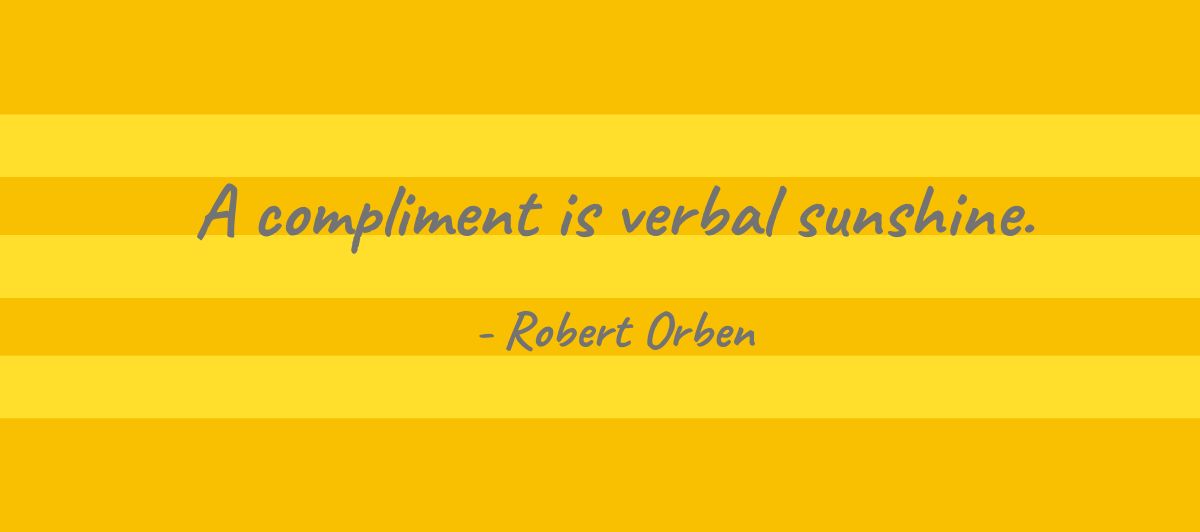
Words You Don’t Want to Hear
Have you ever heard your child say these hurtful words, “I hate you. I don’t like you. You’re the worst.”
Hearing those words can trigger emotions of sadness, anger, even confusion and embarrassment. In these emotional moments, it’s easy to become reactive.
‘You’re being rude and disrespectful’ may be your response or you may find yourself saying, ‘Don’t talk like that. You’re making me sad.’
You can easily take offense to these hurtful words, knowing how much you do for them. However, because children have strong emotions, they can explode without a moment’s notice, especially when they aren’t getting their own way.
I can remember times as a preteen and teen when I would tell my mum I didn’t like her. My mum would respond in a calm voice with a simple ‘okay’. Kids need to know that the feelings that overwhelm them do not overwhelm us.
Now, when my son says the same thing to me, I remember not to take those emotionally charged words personally. I know he is really saying, ‘I don’t like your rule, boundary, consequence or decision you made.’
TRY THIS: Respond with ‘I can tell you are upset.’ Honour the emotions they are experiencing beyond the words they are saying.
Until next time…


